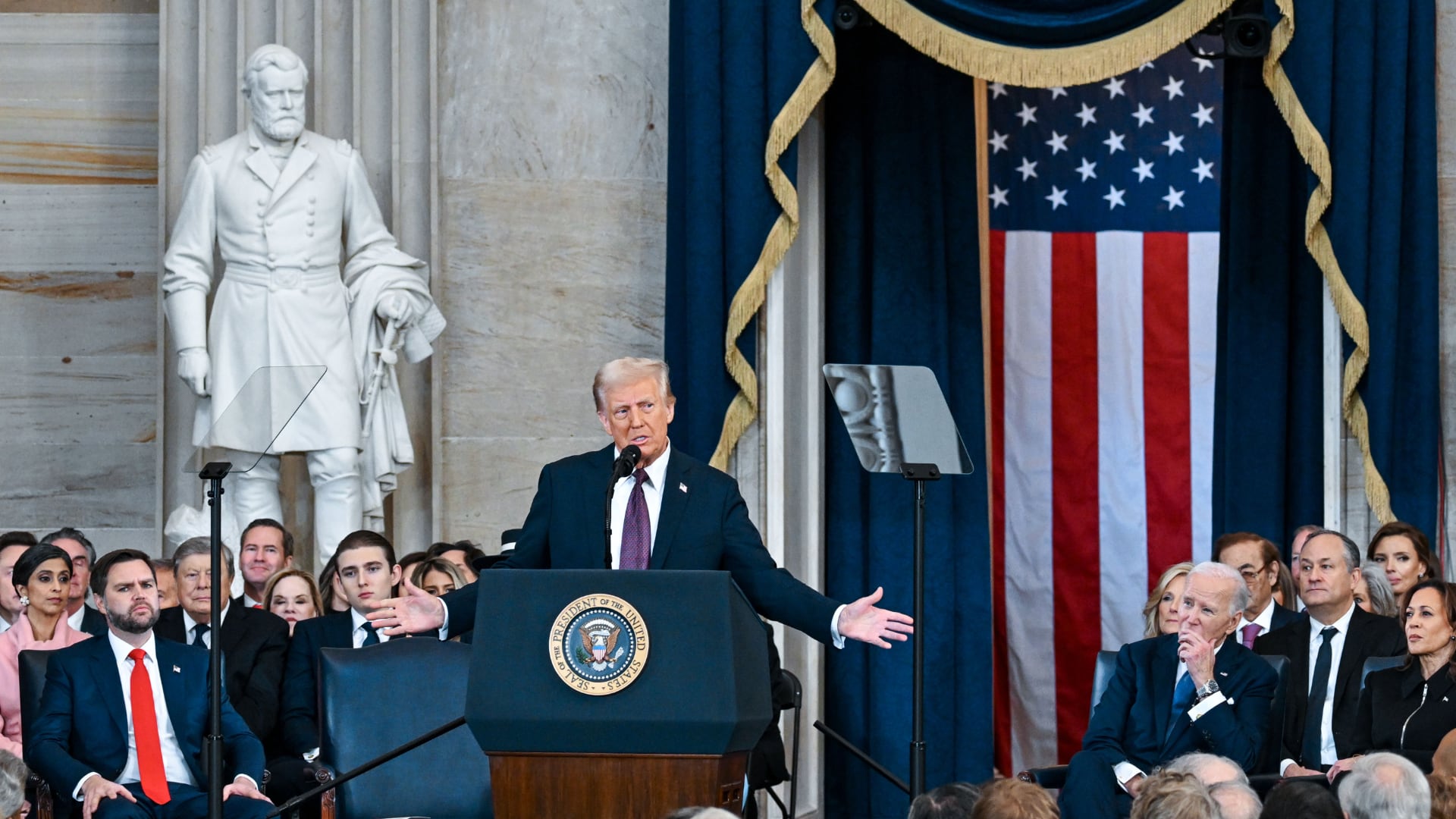As states begin to plan their reopenings after coronavirus lock-downs, some like Utah believe private-public partnerships with tech companies may be just the key they're looking for to ramp up testing.
The Beehive State has doubled its daily coronavirus testing capacity with a new testing website launched through a partnership with cloud-based software company Domo and other Silicon Slopes companies like Nomi Health, Qualtrics and Co-Diagnostics. Utah's Lieutenant Governor Spencer Cox and Domo CEO Josh James joined Cheddar to discuss their partnership.
"We recognized very early on that our way through this was going to be through a robust testing and tracing capacities, so we put all of our focus on that issue," said Lieutenant Governor Cox.
With the tech collaboration, Utah is now in the top five testing abilities per capita in the nation, and bottom five in mortality rate. Domo worked with the Utah government to increase access to testing equipment through their own supply chains and set up a website to streamline the process: Test Utah. There's also an app that tracks the testing data.
Privacy may be a concern for Utahns, but Domo CEO James explained, "Any data that comes in its just between you and the state and that's it. And when the state uses it, they can't even use it where it's personally identifiable. All they know is someone in this county tested positive... all information is encrypted and anonymized."
The program seems to be working, and other states are taking notice. There are now Test Iowa and Test Nebraska websites as well.
"We're fortunate here in Utah to have an incredible private sector business community that is very community minded thats always willing to step up and work with us," said Lieutenant Governor Cox.
Updated May 4 to clarify that Utah doubled its daily testing capacity through partnerships with Domo, as well as other Silicon Slopes companies including Nomi Health, Qualtrics and Co-Diagnostics.












